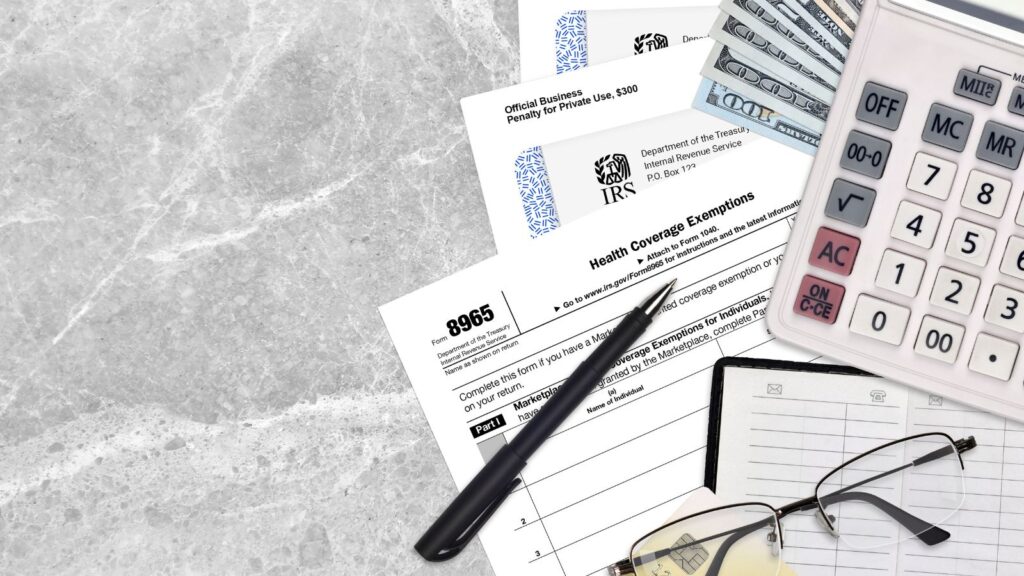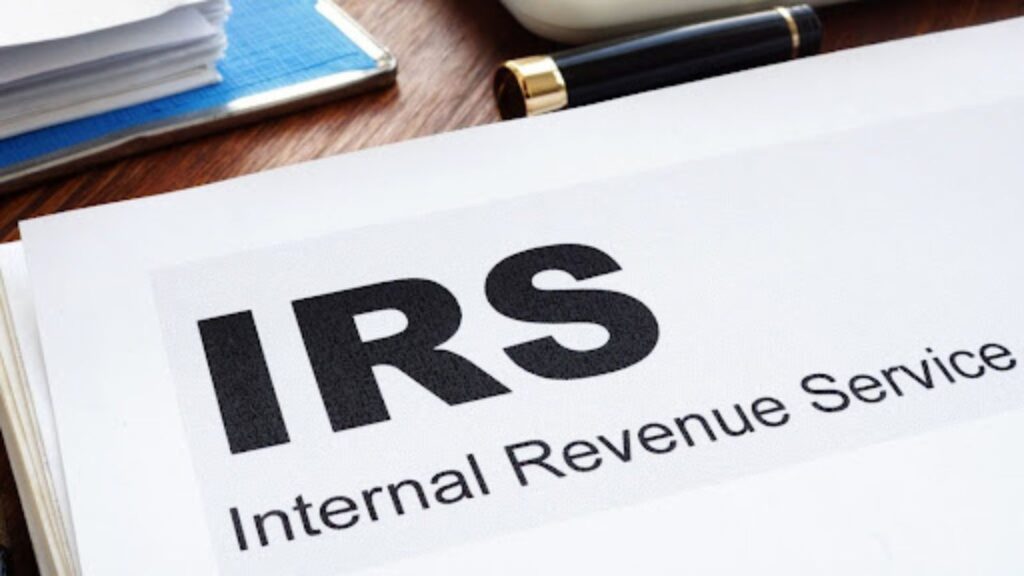The standard mileage rate 2024 set by the IRS holds profound importance for individuals and businesses, influencing financial decisions and tax obligations throughout the year. This standard serves as a pivotal benchmark, determining the reimbursement rates for business-related travel and offering a simplified method for calculating deductible vehicle expenses. As we delve into the specifics of this rate and its implications, it becomes clear how crucial it is to stay informed and compliant with IRS guidelines.
Who Should Pay Attention to the 2024 IRS Mileage Rate?
Tracking the 2024 IRS standard mileage rate is important to different groups of people and organizations for different reasons:
Business Owners and Managers: Tracking the standard mileage rate is critical for business owners and managers because it allows for accurate planning of business-related driving expenses. This includes vehicle expense deductions for tax purposes, which can significantly reduce tax liabilities and optimize financial planning.
Self-employed: Self-employed people often use their own vehicles to carry out business activities. Properly tracking the standard mileage rate allows them to calculate and document the driving expenses they can deduct from their tax base.
Employees Traveling for Business: Employees who use their private vehicle for business travel can expect fair reimbursement for those expenses from their employer, using the IRS’s standard mileage rate as a reference for reimbursement.
Organizations with a Large Number of Vehicles: Large organizations with a significant number of vehicles in their fleet must carefully monitor and manage driving costs to optimize operating costs and comply with tax regulations.
Proper tracking and understanding the IRS Standard Mileage Rate for 2024 is important for anyone looking to optimize their business operations, reduce tax liability, and comply with legal requirements regarding driving expenses.
Estimated Tax Payments by the IRS
Key Reasons Why Tracking the IRS Standard Mileage Rate is Important
Generally speaking, tracking the IRS’s standard mileage rate is important for several key reasons, both for individuals and business entities:
Optimizing Tax Deductions: Tracking the standard mileage rate allows individuals and business entities to properly document and deduct business-related driving expenses. This can significantly reduce overall tax liability, which is especially important for sole proprietors and small businesses who frequently use their vehicles for business.
Transparency and Compliance: The IRS’s standard mileage rate provides a transparent method for calculating driving expenses, making tax compliance easier. Regular monitoring and accurate documentation allows organizations and individuals to avoid potential fines or an audit by the IRS for lack of proper documentation.

Simplicity and Efficiency: The standard mileage rate provides a simple method of calculating driving costs instead of tracking each vehicle expense in detail. This makes the administrative process easier and more efficient, saving time and resources that would otherwise be required for detailed monitoring.
Fairness in Reimbursement: For employees who use their vehicles for business travel, using the IRS’s standard mileage rate allows for fair reimbursement by the employer. This helps maintain good employer-employee relations, ensuring that employees are reimbursed for expenses incurred during business travel.
Planning and Budgeting: Business entities can use standard mileage tracking to plan and budget driving expenses. Accurate projection of driving costs helps set realistic financial goals and optimize operational costs.
In essence, tracking the IRS standard mileage rate provides a practical and efficient way to manage driving expenses, reduce tax liability, and comply with legal requirements, which is critical to individuals’ and organizations’ financial health and operational efficiency. Accurate mileage tracking ensures that all eligible expenses are documented and claimed, maximizing tax deductions and minimizing potential liabilities. This practice enhances financial planning and budgeting and ensures transparency and accountability in business operations.
Tools like Everlance make this process even more seamless by automating mileage tracking and ensuring accurate record-keeping. Everlance uses advanced GPS technology to automatically capture and categorize each trip, eliminating the need for manual entry and reducing the risk of errors. This automation provides real-time insights into mileage expenses, making it easier for businesses and individuals to stay organized and compliant with IRS guidelines.















